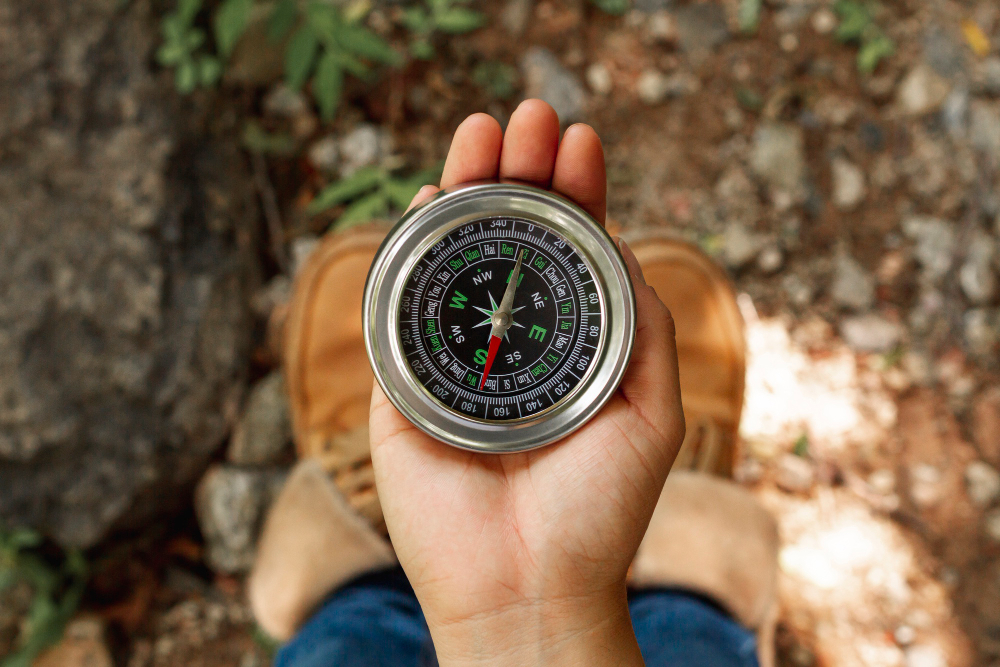“If no one listens, go to the bathroom and call me. I will always come.”
This isn’t just parenting. It’s crisis management.
When schools become unsafe—when accommodations are denied, when support staff are missing, when harmful adults are brought back again and again—families like mine develop our own protocols. We build them from repetition, from trauma, from listening to the children who hide in bathroom stalls with tear-streaked cheeks asking, What do I do now?
These are some of the rules I’ve had to give my children—rules no parent should ever have to say out loud.
📞 You can call me anytime. For any reason.
You don’t need to justify it. You don’t need to be polite. You don’t need to wait for an adult to say it’s okay.
If your body is telling you this isn’t safe, this isn’t right, this is too much—call me. Whisper if you need to. Hide the phone under your shirt. Text me a blank message. I’ll know what it means.
🚻 Go to the bathroom if it gets bad.
If the classroom feels unsafe—if you’re overwhelmed, ignored, humiliated, touched without consent—go to the bathroom. It’s the only space where no one will follow you. Take your phone. Lock the door. Text me. Cry if you need to.
The bathroom has become our sanctuary. Not because it’s a good solution—but because it’s the only one they haven’t taken away.
🧠 Your IEP is not optional.
If a teacher tells you that your accommodations don’t matter, or “aren’t fair,” or that they won’t bother following them today—you are allowed to say no. You are allowed to remind them. You are allowed to leave.
And if they try to guilt you by saying they’re neurodivergent too—you don’t have to take that on. Shared diagnosis does not erase power. You are not wrong for needing support. You are not difficult for asking for what’s already been agreed.
🏃 If someone unsafe walks into the classroom, you can leave.
If a known harmful adult arrives—a substitute who’s humiliated you, a staff member who’s ignored your boundaries, someone who has made the classroom feel hostile—you do not have to stay.
You can leave. Go to the office, or straight outside if you need to. If you see them walk in and your stomach drops, trust that feeling. Let me know and I will come. No questions.
📅 I believe your version of what happened.
Even if the teacher says otherwise.
Even if there’s no formal write-up.
Even if you can’t explain it all clearly yet.
You don’t need proof to be believed. You don’t need to stay calm to be respected. I will always trust your instincts. And if someone crossed a line, I will say so—loudly, clearly, and in writing.
🎒 We pack a phone before we pack pencils.
Because when everything else fails, that’s the lifeline.
We gave you a phone younger than most. Not to play games. But to call for help.
Because too many times, no one in the building heard you.
So now we make sure you can reach someone who will.
⛔ You are allowed to leave a classroom that’s hurting you.
You do not need to “self-regulate” through fear.
You do not need to endure humiliation to prove your resilience.
You are not “being dramatic.”
You are recognising what the adults are refusing to fix.
🚌 Field trips are high risk. Plan accordingly.
Field trips sound fun. But when you’re autistic, dysregulated, or unsupported, they’re often chaotic, loud, under-supervised, and full of staff who don’t know your needs. So we treat them like a mission.
- Keep your phone hidden and charged.
They might try to take it away. Don’t offer it. Don’t ask. Just keep it silent, tucked in a pocket or sleeve. It’s your lifeline. If things go bad, text me from wherever you can. - Mask harder than usual—but not forever.
You probably won’t get accommodations. Most adults won’t know your plan. So play it cool, keep your head down, stay near the quietest adult. Don’t argue. Observe. Wait. - Find a safe space as soon as you arrive.
Scan for exits. Locate the bathroom. Find a bench or quiet corner. Know where the bus is. That’s your fallback if you get overwhelmed. - If it’s too much, text me a code.
You can say “NOW” or just send a blank message. Take a photo if you can’t type. I’ll come. Doesn’t matter if it’s in the middle of a museum or a ropes course—I will come.
📍 We AirTag you for our peace of mind.
It’s not because we don’t trust you. It’s because we don’t trust the system to keep you safe. If you stop responding and I feel that dread in my chest—if something feels off and the school isn’t answering—I can find you.
- It’s hidden, quiet, and not about surveillance.
I’m not watching your every move. I’m watching for silence. I’m watching for the moments when you need help but can’t say it out loud. - It’s there for emergencies, not control.
If I know you’re safe, I won’t check. But if you’re not answering and my gut says something’s wrong—I will use it. And I will get to you.
💬 You can text one word: “Now.”
That’s our code.
If you send it, I will come.
No debate. No delay.
Because when the same things happen over and over, we stop pretending.
We stop hoping.
We act.
💡 Bonus section: What I wish schools would say instead
- “If a child is afraid of a staff member, that’s a red flag and we want to know about that.”
- “No teacher is above accountability.”
- “A trauma-informed classroom doesn’t punish a child for self-protection.”
- “Kids shouldn’t need survival plans. If they have one, something is wrong with the system—not the child.”







